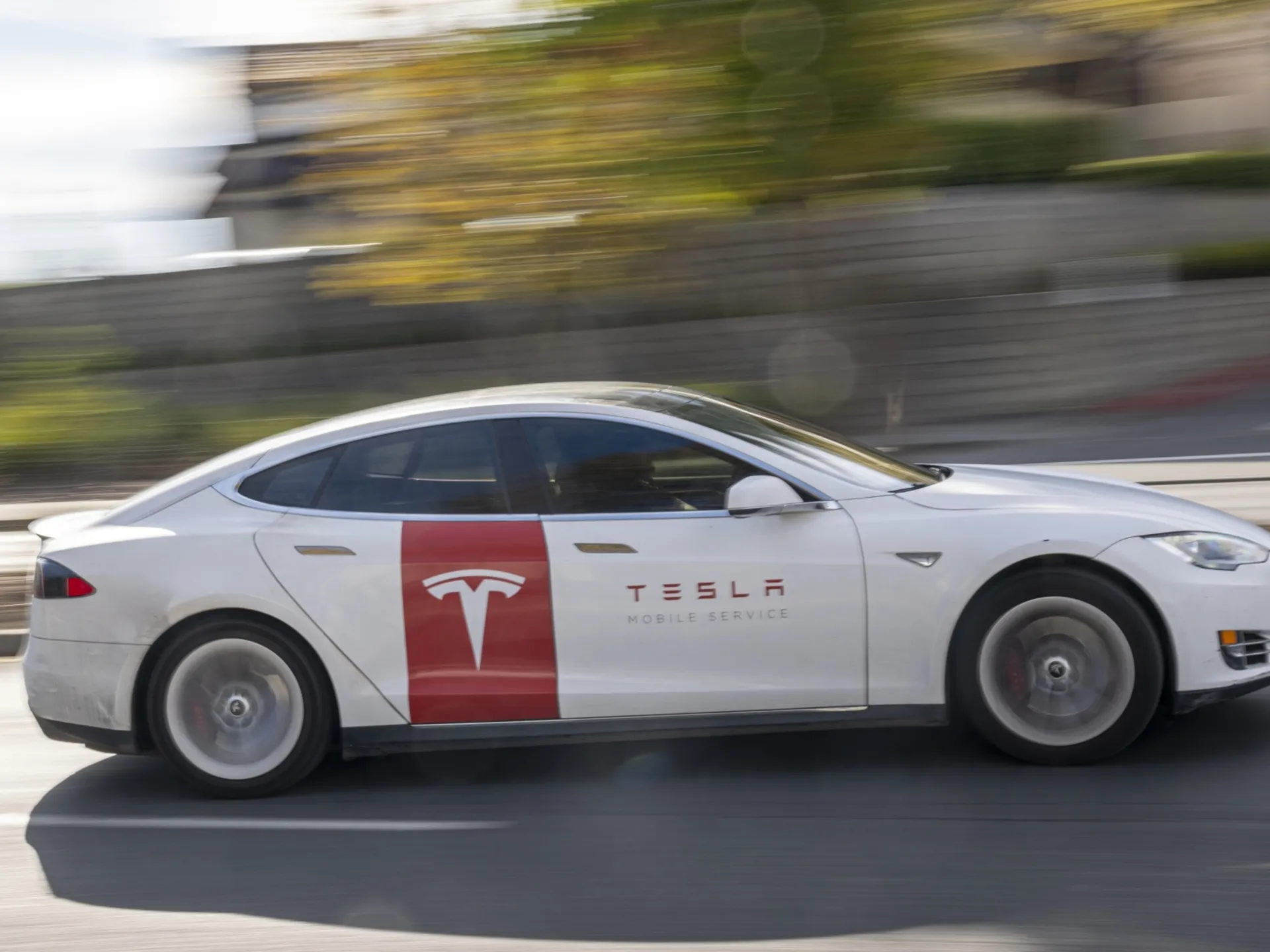Tesla’s China Struggle Reflects in Share Skid After February Sales Decline
On March 4, Tesla witnessed a more than 7% decline in stock due to reduced sales in China during February. The dip in sales is attributed to heightened competition in the Chinese electric vehicle (EV) market and a slowdown related to the Lunar New Year holidays. This drop in sales has raised concerns about Tesla’s global delivery outlook. The leading EV manufacturer is grappling with declining demand and challenges stemming from the absence of entry-level vehicles and the aging of its product lineup.
According to data from the China Passenger Car Association, Tesla sold 60,365 China-made vehicles in February, reflecting a 19% decrease compared to the same period last year. This figure marks the lowest monthly sales since December 2022. The decline in sales has contributed to a broader decline in Tesla’s stock, with shares falling by 7.8% on the day to $186.95. Overall, Tesla’s shares have experienced a slump of approximately 25% since the beginning of the year.
The timing of China’s Lunar New Year holidays in February reduced car purchasing activities, impacting Tesla’s sales. In response to increased competition from local rivals like BYD, Tesla has implemented a series of price cuts and incentives in the Chinese market. Last week, the company introduced new incentives, including insurance subsidies, to attract consumers in the world’s largest auto market.
In the United States, Tesla has also boosted sales by offering 5,000 free Supercharging miles to customers who deliver a new vehicle by March 31. Additionally, the company temporarily reduced prices for some of its Model Y cars in the U.S. in February.
Analyst Troy Teslike recently revised his estimates for Tesla’s global deliveries for the January to March period to 450,000. He warned of a potential further cut, emphasizing that weaker-than-expected sales in China, despite a price cut, indicated a “demand problem.” In January, Tesla had already cautioned about “notably lower” sales growth for the year as it prioritizes the production of more affordable electric vehicles.
The challenges in China and the ongoing efforts to stimulate demand in various markets pose significant hurdles for Tesla, prompting investors and analysts to closely monitor the company’s strategies for navigating the dynamic and competitive landscape of the EV industry.




























Comment Template